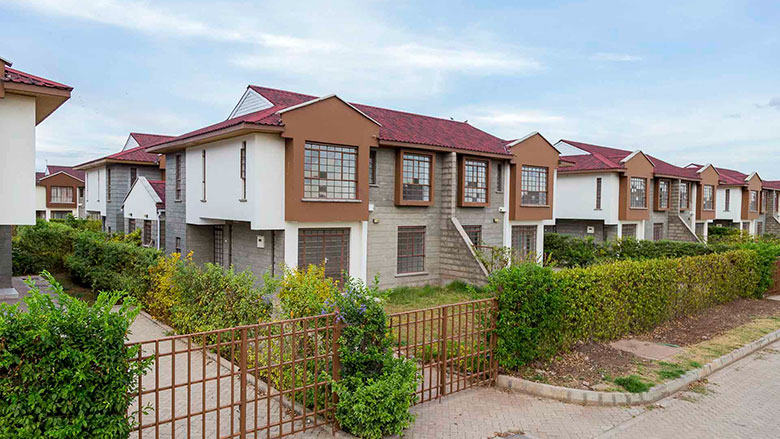The role of the private sector in the development of any country cannot be overemphasized. Indeed, the revenue taxed on the businesses is the lifeline of any government. Therefore, it is a two-way traffic, with both public and private sector living off each other.
In his Jamhuri Day speech on 12 December last year, Kenya’s President Uhuru Kenyatta listed four priority areas that would define his second and last term in office. Known as the “Big Four”, Kenyatta said he would, among others, offer Kenyans affordable housing, growth in manufacturing and affordable healthcare.
Later on during his first State of the Nation Address in Parliament, President Uhuru reiterated his commitment to his five-year plan. He used the occasion to mobilise members from both sides of the two Houses of Parliament (National Assembly and the Senate) in supporting the targeted sectors.
While giving direction, he noted the pivotal role of the private sector in helping the country achieve the four milestones. Indeed, it is private sector initiatives like the upcoming Tatu City which will add up in making the President’s vision a reality.
The project is so instrumental to urban development that early this year, Vision 2030 Delivery Board and Tatu City developers formed several committees to offer statutory and infrastructural support to the 5,000-acre development located in Kiambu County.
The committees will comprise Principal Secretaries in sectors that resonate with some of the President’s Big Four including education; water; energy; transport; information, communication technology and; tourism.
No doubt, Tatu City will contribute to the acceleration of the country’s socio-economic transformation to improve the quality of life for Kenyans. Together with the President’s agenda, this three-pronged collaboration will accelerate the transformation of our country into a newly industrialised and globally competitive nation by 2030.
Tatu City’s contribution to the President’s vision will be huge in offering affordable housing, manufacturing and affordable healthcare.
In manufacturing, for instance, Tatu City’s plan includes a 230-acre industrial zone comprising of a logistics hub and a light industrial zone. This will house renowned local and international companies. It is expected that they will add value to the Government’s planned industrial concerns including a modern industrial park, apparel industrial sheds and a special economic zone.
In housing, construction of a high-quality apartment complex on 30 acres within Tatu City has started. On completion, ‘Lifestyle Heights’ will be a mixed-use, mixed-income satellite project offering affordable and comfortable housing. With 450 apartments in its first 10 acres consisting of two and three-bedroom units, the development will comfortably accommodate 2,250 residents.
READ ALSO: WHY REAL ESTATE IS ATTRACTING MANY INVESTORS
In offering affordable healthcare, the government plans to increase spending in the sector, helping the country move from the current 36 per cent coverage to achieve the ambitious 100 per cent universal health coverage by 2022.
Moreover, good health also encompasses stress-free lifestyles. Tatu City represents a new way of living and thinking for all Kenyans, creating a unique live, work and play environment free from traffic congestion and long-distance commuting. This will help thousands of Kenyans avoid lifestyle diseases associated with congestion and pollution.












2 Comments